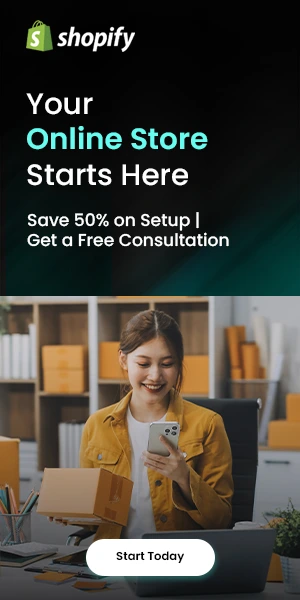Breaking the chains of Social Media Addiction: How I learned to use social media effectively
19th November 2023, 10:03 am:
A notification on my phone catches my attention. I instantly pick it up to check what it could be.
It’s just another notification from a person I follow there.
“@yourfriendwhoyoudon’teventalkto just posted a reel. Check it out”
I’m not interested because I know I’m working on an important project.
But, I tap on it anyway *force of habit*
I watch the video for 3 seconds and scroll down.
Then again
And again
And some more
By the time I snap out of this loop, I realize
“Oh god, it’s been over an hour?!”
I had spent the past hour just scrolling through social media videos & posts.
All because I got a notification to check something I didn’t wanna check in the first place.
And that’s when the thought crossed my mind “Man social media is addictive”.
The modern art of unintentional time travel
Remember all the times we would jokingly wish for a time-traveling machine?
Well, we got it. Sort of.
Social Media Apps are our time-travel portal.
A quick scroll through the digital landscape propels us into diverse timelines—past posts, present updates, and future trends.
With every click, time slips away unnoticed, weaving us into the vast web of online experiences.
And while traveling through time on the app, I realized something- it’s not all fun.
It can be a little problematic if you don’t keep track of the distance traveled by your fingers.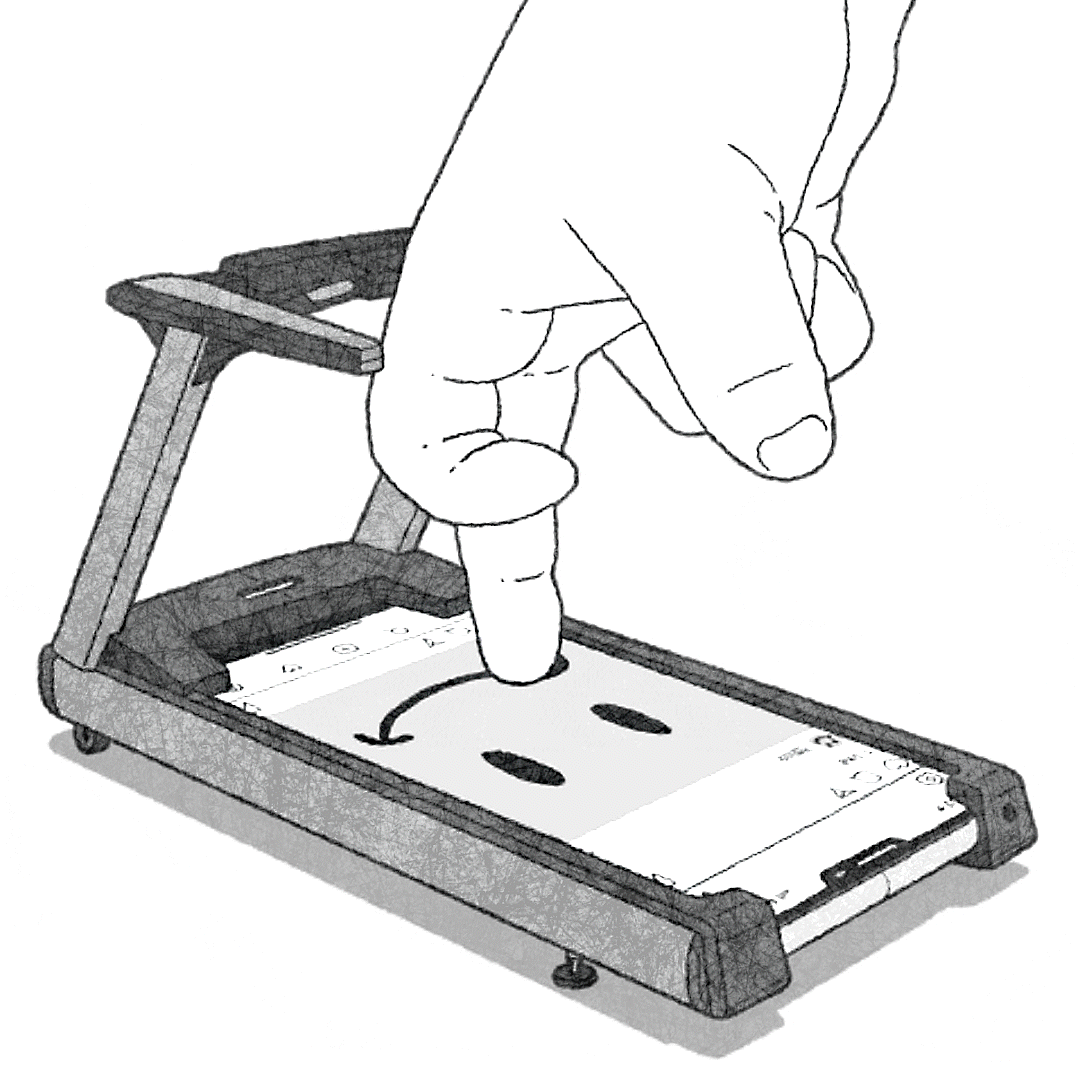 19th November 2023, 11:31 am:
19th November 2023, 11:31 am:
A few minutes after my realization a question popped into my head
“Is it just me or are other people experiencing this daily too?”
So I crack my fingers (the same ones that had been tired from all that scrolling) & start my research.
Much to my amusement, I come across multiple articles & videos that highlight the adverse effects of social media, with “addiction” being one of the prominent ones.
But this time I made a conscious effort to watch these videos on my laptop & not my phone because I didn’t wanna get carried away *embarrassed*
This piqued my interest further & I decided to host a survey within our organization.
So I created a Google form & got an email shared with all our Mastroke Members.
The data collected via this form revealed to me that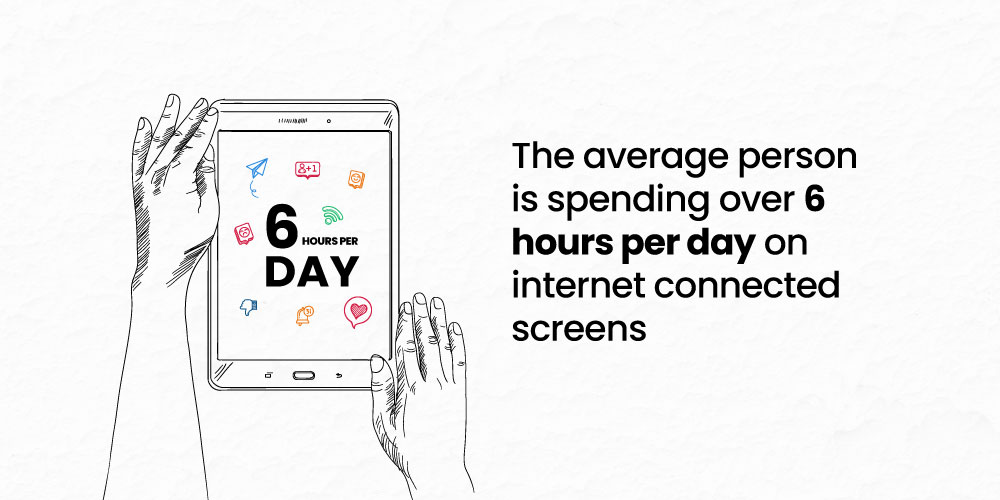
How did we get here?
Facebook, YouTube, Instagram, and a few other apps had been around for a while but it wasn’t until short-form content platforms like TikTok & Instagram Reels were launched that completely exploded the screen time of users.
Especially during COVID-19 when people were longing to connect with people, that’s when the screen time of users shot through the roof.
What originally was created to connect with friends and loved ones evolved into a platform where people now watch videos, or simply “kill time”.
The Concept of “Killing Time”
One major factor that contributes to us “Killing Time” on social media is the act of scrolling.
Hopping on Social Media & scrolling endlessly is directly related to us feeling rewarded instantly, instead of delayed rewards that we can achieve by working on a task or following our dreams.
This is what scrolling on social media truly feels like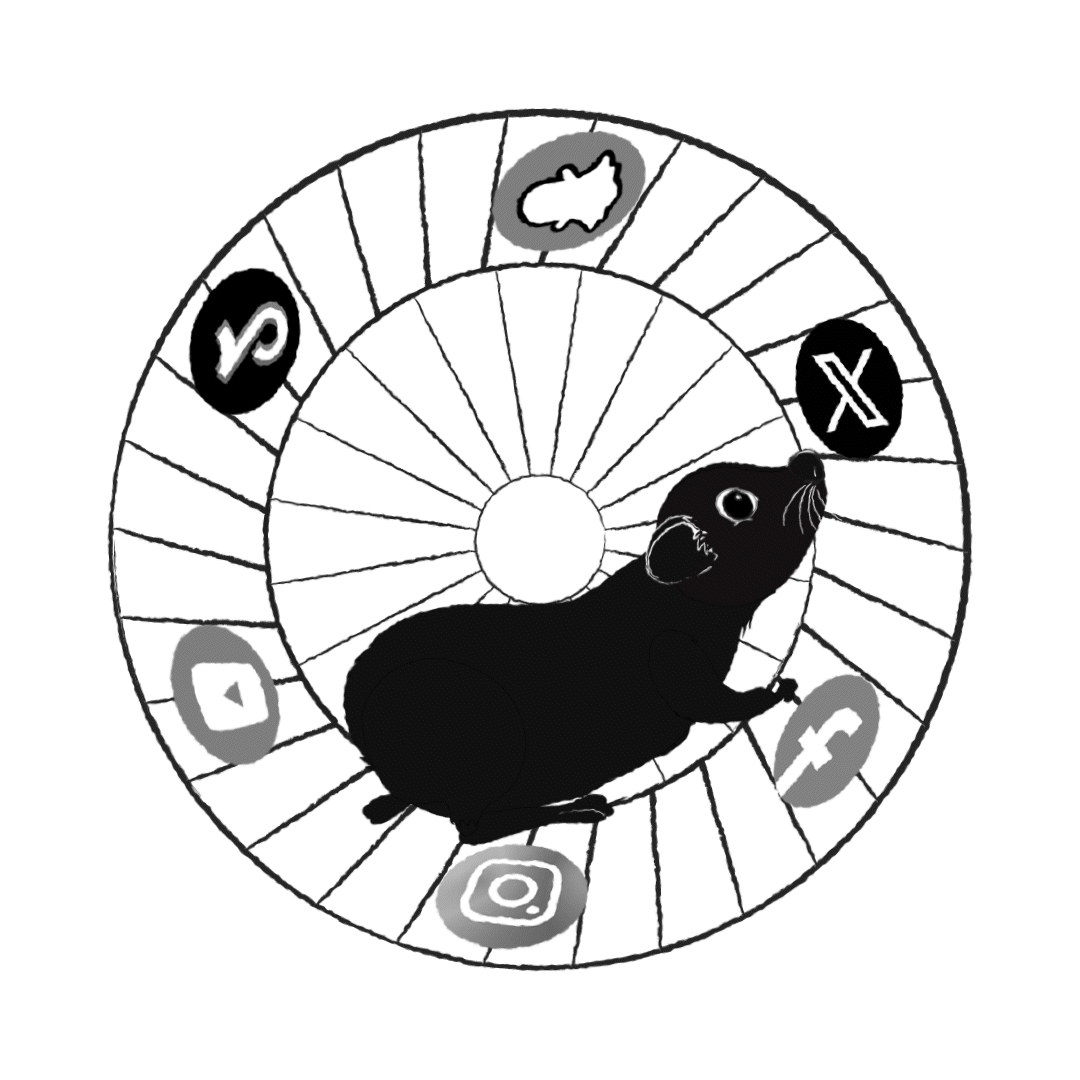
All of this is due to a feature in our brain called Delay Discounting.
How do I know this?
Well, I mentioned earlier that I dove deep into research to explore this topic & also reached out to people personally to derive a conclusion for myself.
While researching, I came across Dr Faye Begeti’s Instagram Page (quite ironic that I went to research on platforms that are the leading cause of all this social media addiction)
She’s a Neurology doctor and neuroscientist who writes about neurology and neuroscience articles aimed at the public to enable understanding of how the brain works and how we can use that knowledge to improve our daily lives.
So while going through some of her posts, I came across one that talked about Delay Discounting.
I dove into the topic a bit more and realized that we are wired this way- our brain automatically discounts the value of distant rewards.
And it’s not just that
The dopamine signals in our brains increase after using social media.
When we experience increased dopamine levels, our brain identifies this activity as a rewarding one that we ought to repeat.
However, we should know that the positive feelings experienced during social media use are only temporary.
And once the feel-good dopamine wears off, we will have the urge to go back to the source of dopamine (in this case, social media) for more.
But I can’t escape this source
Because I am a Marketer.
And in this day & age, my professional life requires me to use & become a master of social media and the internet.
So this brings me to the question:
How to use Social Media effectively without becoming a so-called Social Media “Addict”?
20th November 2023, 10:15 am:
After acquiring all this information about Social Media Addictiveness the optimistic in me couldn’t help but wonder,
“Social Media can’t be all bad. I mean, it isn’t. It’s a great tool for businesses to reach out to their target customers. And a great tool for marketers to share their creative solutions.”
So there has got to be a way to use Social Media effectively without drowning in the dark abyss.
Turns out there is
A lot of research, self-reflection & expert advice from my peers helped me put together some effective points that can help marketers master the Art of Social Media.
Check them out:
I. Practice Detachment With Social Media
Mastering the art of Detachment with Social Media can truly help you utilize its potential.
Don’t believe me?
Read what Dr. Carly Claney, a psychologist and director of Relational Psych, a Seattle-based group practice specializing in psychological testing and psychodynamic therapy has to say:
“Having a healthy detachment creates room for better productivity and self-reflection. It allows people to explore their own needs and, importantly, prevents emotional harm by maintaining a sense of distance from events.”
What do I mean by Detachment?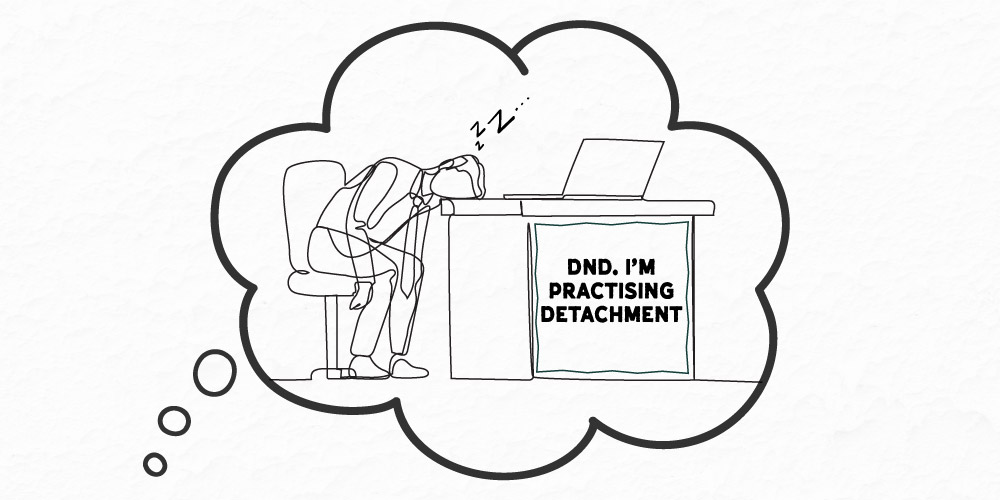
Detachment isn’t about not caring at all;
It’s about finding the right balance.
It’s caring enough without going overboard or being too distant, creating that sweet spot between self and work.
II. Be mindful of the content you consume online
Remember what your brain naturally seeks might not be what’s best for you.
The amygdala, the emotional part of our brain, tends to react more to negative emotions than positive ones.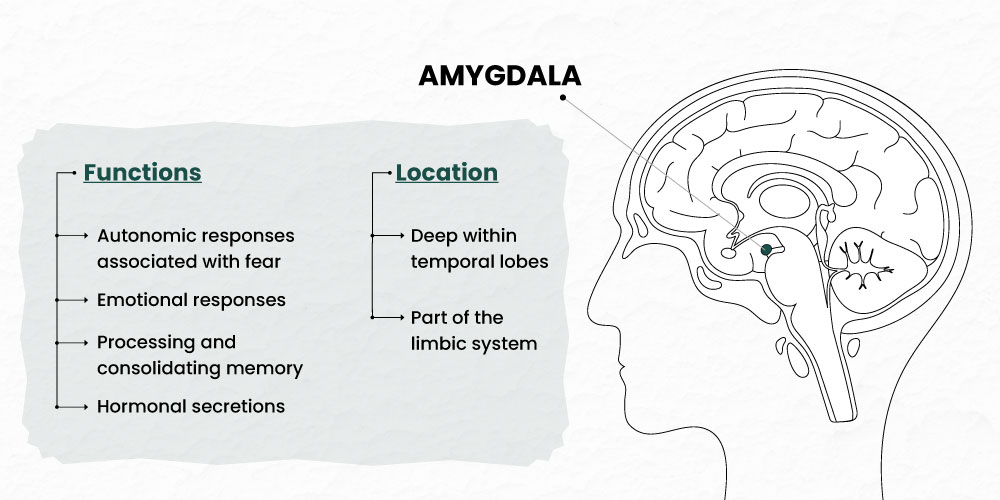
It’s a survival mechanism, to keep us safe and alert us about the potential dangers.
And social media algorithms thrive on content that sparks intense emotions, especially the negative kind.
And this is why we’re more likely to react to anger-inducing posts than happy ones.
So, be mindful.
Customize your social media feed to make it a place of learning or fun, and avoid content that triggers negativity or doesn’t add value to your life.
III. Avoid your phone in the initial hours
Just as checking your phone right after waking up can make you more distracted.
Similarly, scrolling through it in the early work hours can hamper your creativity and set a tone for distractions throughout the day.
I even spoke about this during Mastroke’s Annual Event: Mastroke Connect’23
IV. Don’t build distraction habits
We live in a fast world, and our fast lifestyles often leave us feeling fatigued.
Sometimes it’s due to less sleep, unhealthy eating habits, or sometimes just managing multiple things at once.
All of this can lead to us becoming more distracted.
This is because the executive brain- the part responsible for maintaining attention & focus is very sensitive to lack of sleep, reduced food intake & being overworked.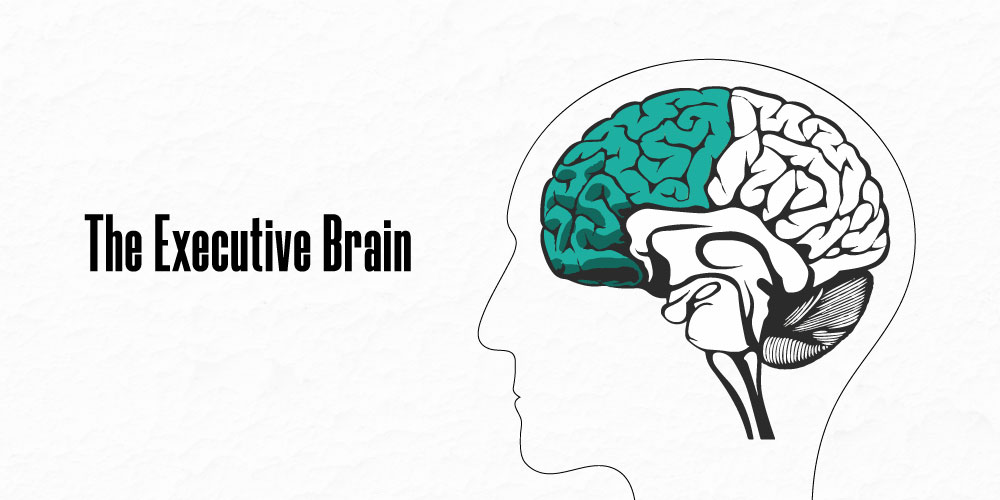
The problem is that due to this fatigue, we may resort to checking apps/notifications or generally get distracted.
And this can quickly build into a habit. Which can eventually lead us to automatically resort to checking our apps even when we aren’t fatigued.
So instead of building distraction habits, give yourself a break.
Relocate yourself by going for a small walk or just moving to another location.
This way you would be able to refresh yourself & refocus on your to-dos.
V. Manage your Time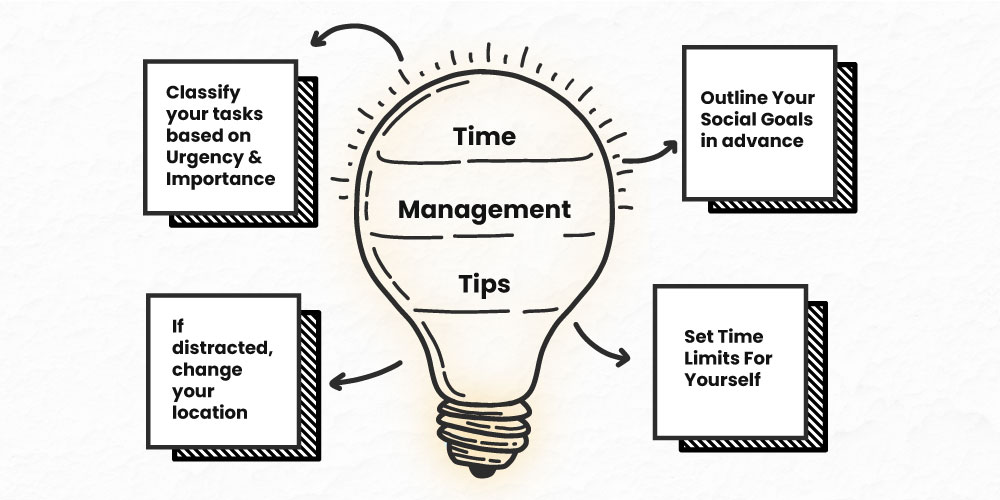
1. Set Time Limits For Yourself
As a marketer, I’ve added time limits to my daily app use.
My day is divided into smaller slots for research, posting, monitoring, responding, and measuring. I have realized doing everything at once only wastes more time.
I steer clear of randomly reading content that I come across during the day.
Instead, I save posts and read them later, once I’m done with my important tasks.
Time constraints keep me on track.
I could spend the whole day surfing the web, but I choose to spend an hour on curated articles, respond, and move to my other tasks as the day progresses.
2. Clearly Outline Your Social Goals, that too a day in advance if possible
These are some things I have incorporated into my schedule, and honestly, they have proven to be effective.
As a first step, it’s important to understand the results you & your company want from Social Media.
For instance, if your goal on Instagram is to have a better reach with your content & launch campaigns, then you can avoid scrolling through your explore feed, and instead search with specific keywords that are necessary
If you’re on Linkedin to find clients, then focus on building genuine connections with your content & interaction instead of mindlessly scrolling through posts.
Setting goals for each social network will help you figure out what you really need and what’s just a distraction.
This way, your social media use becomes purposeful. Achieving your goal makes closing the app more rewarding and helps you stay focused.
With this laser focus, you will be able to complete tasks efficiently and avoid mental exhaustion.
Before I Wrap This Up
I read somewhere, “There are two ways to change behavior. One is to inspire it and the other is to manipulate it.”
And I believe in always inspiring.
Because I believe if you share information intending to manipulate users to gain attention then that’s what you & your brand become.
But if you share content with the intent to inspire, with the intent to help someone, to simply be honest & empathetic, then the impact created by your actions will create a loop(just like social media) of inspiration & creativity that will only breed innovations.
And that’s what we believe in.
I hope everything that I shared with you today helps you in taking control of Social Media instead of it taking control of you.
Or as I would say it
“In the dance of algorithms, LEAD.”

